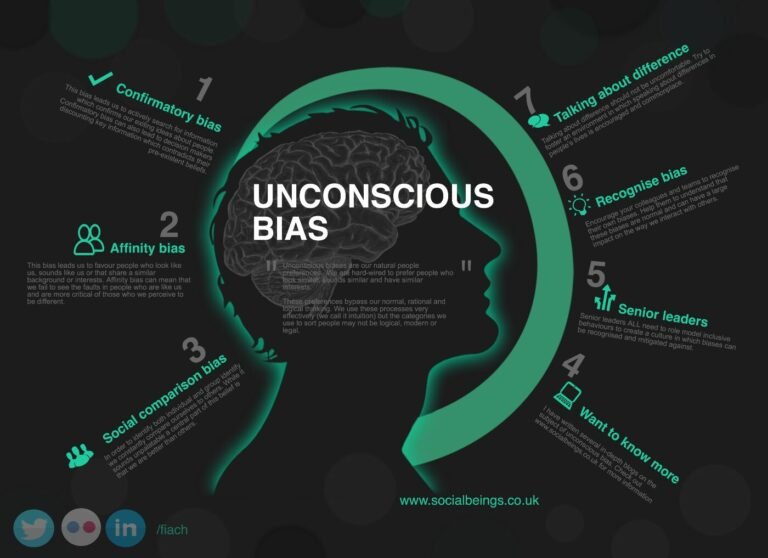Balancing Excellence and Equity: Florida’s Higher Education Dilemma
For seven consecutive years, Florida has proudly held the top position in U.S. higher education rankings. This accomplishment reflects the state’s commitment to student success, affordability, and research innovation. However, recent policies—particularly those affecting Diversity, Equity, and Inclusion (DEI)—cast a long shadow over Florida’s ability to sustain its standing and uphold the principles of access and equity for all.

Some say Florida’s current Governor has made record-breaking investments in the state’s higher education system, but that might not be entirely accurate. Governor Ron DeSantis has focused on education funding, and Florida’s higher education budget has gone up during his time in office. For example, the 2021-2022 budget included a big boost for education. However, whether this is truly “record funding” depends on how you define it and what numbers you look at. While funding has increased, it’s important to adjust for inflation and compare with past budgets to see if it’s really at a record level.

Florida’s higher education institutions excel in measurable outcomes, boasting impressive retention rates, low student debt, and high graduation rates. These metrics have been celebrated as indicators of a system that effectively provides accessible, high-quality education. Yet, focusing solely on these numbers can obscure underlying issues. By concentrating only on general success metrics, policymakers risk overlooking the uneven impact of these achievements on Florida’s diverse student population.
The Impact of DEI Policy Rollbacks on Student Success
Recent policy changes, particularly the reduction of DEI resources and the elimination of diversity and inclusion offices, have raised serious questions about the state’s commitment to an inclusive educational environment. Institutions like the University of Florida have seen significant cuts to DEI programs, igniting concerns that Florida’s academic environment may become less welcoming for underrepresented and marginalized students. DEI initiatives play a critical role in fostering a sense of belonging, which has been shown to improve both academic performance and graduation rates among minority students.

Diversity and inclusion initiatives are not mere additions to an educational system; they are integral to a vibrant, innovative academic community. A commitment to diversity ensures that a range of perspectives enriches classroom discussions and that students are prepared for the increasingly multicultural world beyond academia. These initiatives also support students’ personal development, creating a learning environment where they feel supported and valued. By deprioritizing DEI, Florida risks not only alienating significant portions of its student population but also stifling the innovation and growth that diversity brings.
The Metrics That Matter: Beyond Retention and Graduation Rates

Florida’s success metrics, while impressive, can mask significant disparities. Graduation rates may be high on the whole, but for Black, Hispanic, and other marginalized groups, they often tell a different story. Such disparities reveal a troubling gap in support and resources that could, over time, undercut Florida’s higher education reputation. Ignoring these gaps not only perpetuates inequities but also undermines the integrity of Florida’s acclaimed educational ranking. While 42% of Florida’s population is non-white, African American and Hispanic Floridians have degree attainment rates that trail those of white and Asian Floridians by double-digit margins.
If Florida is to maintain its position as a national leader in higher education, it must measure success not only by broad metrics but also by the progress made in addressing the unique needs of underserved communities. Improving outcomes for all students, especially those from traditionally marginalized backgrounds, requires targeted support, representation in faculty and staff, and campus-wide efforts to create an inclusive environment.

Charting a Path Forward: Excellence and Equity
Florida’s educational achievements deserve recognition, but it is equally important to confront the challenges that recent DEI policies have introduced. For Florida to lead in both excellence and equity, state policymakers and university leaders must recommit to DEI initiatives and create spaces where all students can thrive. Supporting DEI initiatives isn’t just about meeting quotas or checking boxes; it’s about preparing students for the real world, where diverse backgrounds and perspectives are a strength.

By making this commitment, Florida can continue to lead the nation in higher education while upholding the core principles of fairness, justice, and opportunity for all.
Reflective Questions
- How can Florida balance its strong performance metrics with the need for inclusive and equitable practices?
- What specific DEI initiatives could Florida implement to better support underrepresented students without compromising recent policy changes?







